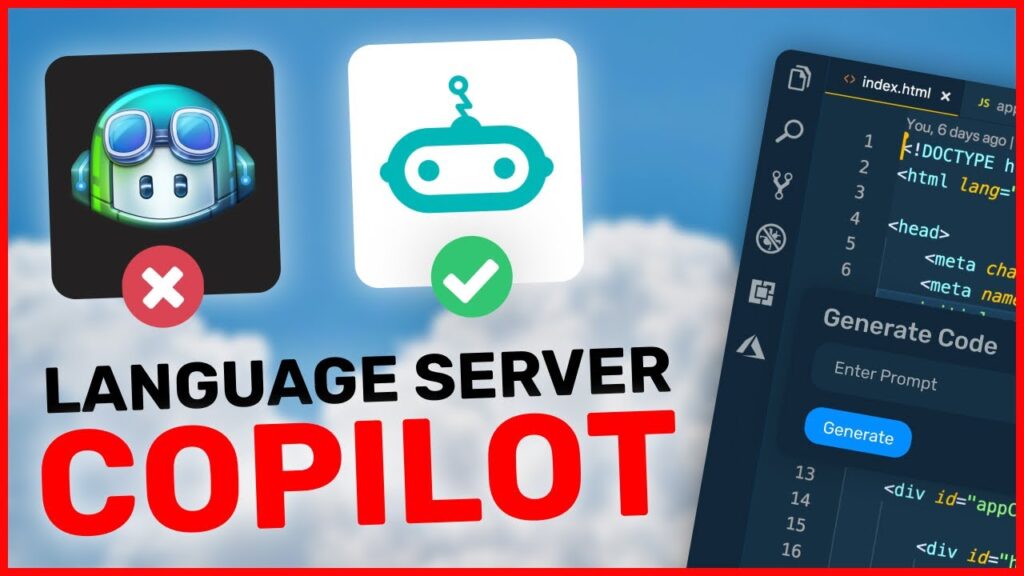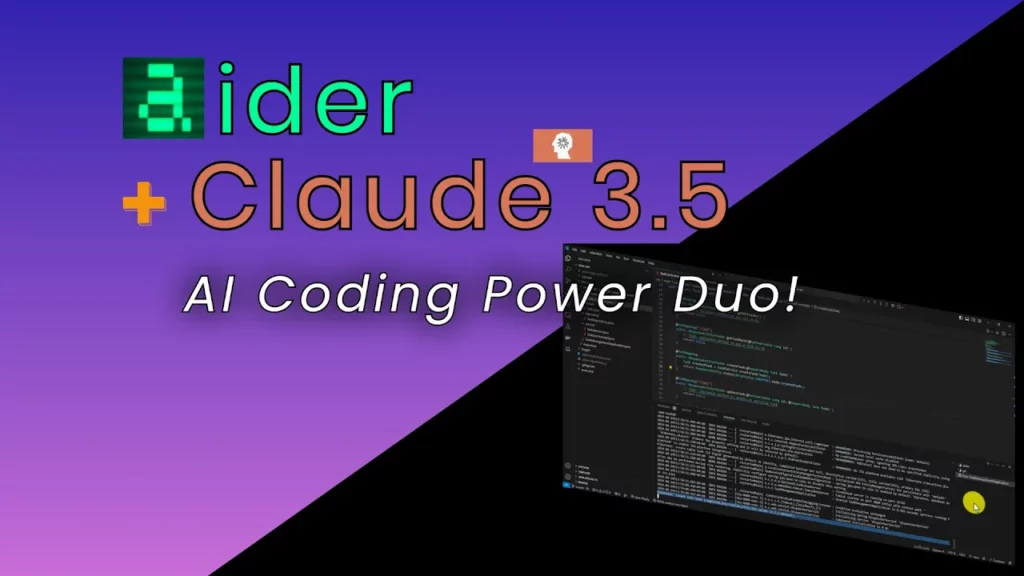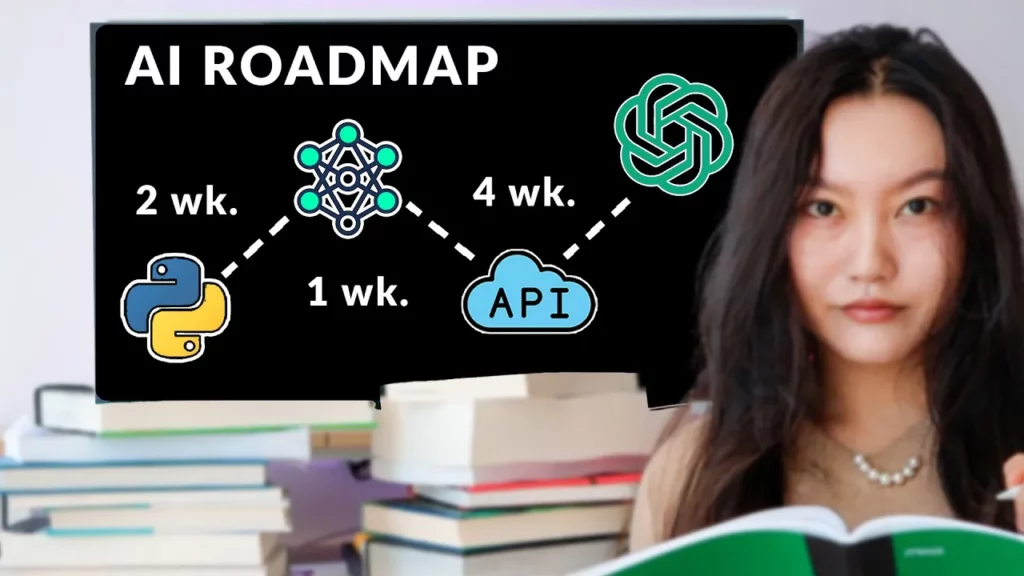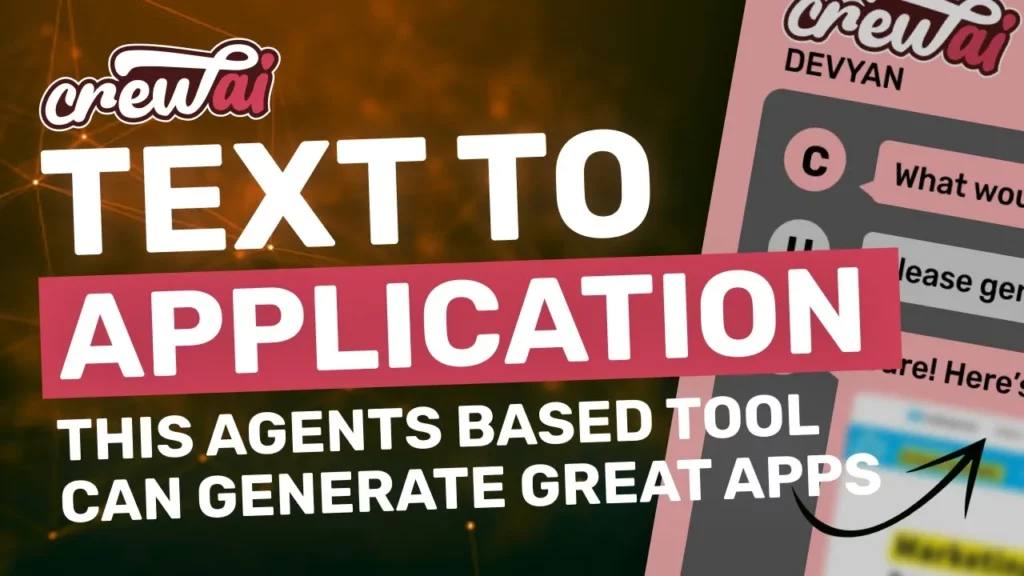Prompt engineering has gained significant attention in recent times, with misleading claims of lucrative job opportunities flooding online platforms. The promise of quick entry into a high-paying career in the tech industry without the need for coding skills has certainly captured the interest of many. However, as the veil of misconception is lifted, it becomes evident that the reality of prompt engineering is far different from what these exaggerated narratives portray.
In the realm of prompt engineering, one must possess a solid foundation in programming, including proficiency in languages such as Python and Java, alongside a comprehensive understanding of AI frameworks like TensorFlow and PyTorch. Contrary to the enticing prospect of landing a well-paying job after a few months of practice, most roles in prompt engineering demand a bachelor’s or even a master’s degree in computer science or related fields, coupled with years of experience in the industry.
While the allure of prompt engineering lies in its potential for enhancing interactions with AI models and streamlining various tasks, the video sheds light on the misconception that these roles will entirely replace traditional jobs. Rather than serving as job-replacing entities, large language models function more as tools that assist professionals in completing tasks more efficiently and accurately. The comparison to how accountants utilize Excel elucidates the symbiotic relationship between human expertise and AI technology.
Moreover, the video reveals the day-to-day reality of a prompt engineer, which involves meticulous tweaking of prompts to elicit desired responses from AI models. The focus is not on engaging in creative conversations with AI but on repetitive and detail-oriented work to refine the prompts continually. Additionally, the majority of a prompt engineer’s efforts revolve around optimizing search algorithms for better model output, emphasizing the importance of technical proficiency beyond prompt manipulation.
In conclusion, while prompt engineering is indeed a valuable skill set with a promising future in the AI landscape, it is crucial to dispel the myths surrounding it. Learning how to effectively communicate with AI models can undoubtedly enhance one’s competitiveness in various fields, but it is essential to approach the field with a realistic understanding of its requirements and limitations. As the video aptly conveys, prompt engineering is not a shortcut to instant wealth and success but a skill that demands dedication, expertise, and a comprehensive grasp of the underlying technology.












